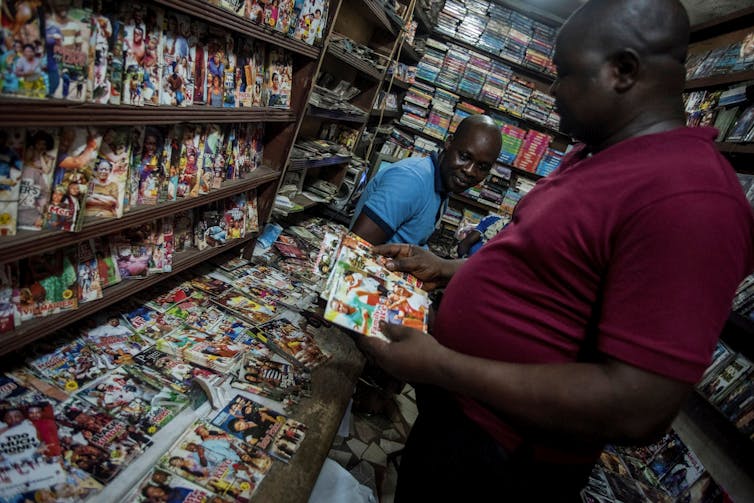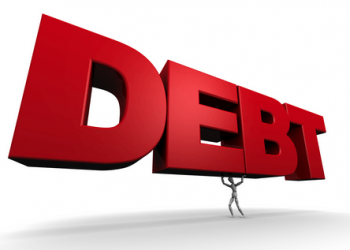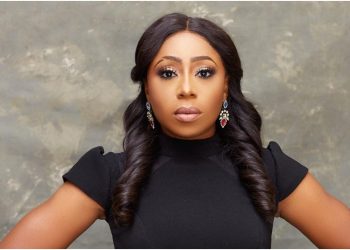Samuel Samiai Andrews, University of Gondar
Nigeria has finally updated its 2004 copyright law, bringing it into the digital era – where the entertainment industry has been for decades already.
Before the late 1990s, it was difficult even to get telephone services in Nigeria. And it was very expensive for private enterprises to make films. Since then, digital technology has unleashed a multitude of ways to receive information and entertainment.
With the arrival of digital technology, all a filmmaker needed was a simple video recorder and a group of talented creatives. Thus, modern Nollywood – the Nigerian film industry – was born.
Nollywood employs more than a million people directly or indirectly, making the sector Nigeria’s second largest employer after agriculture. In 2022, Nollywood’s contribution to Nigeria’s GDP stood at 0.1%. It’s Africa’s most successful film industry and the third largest globally after Hollywood and Bollywood in terms of the number of movies produced annually.
But Nigeria’s copyright regime lagged behind the industry’s technological and business developments. The biggest issue was piracy, that it was easy to copy and sell other people’s work without their consent. The courts found themselves with new intellectual property problems to deal with and it was clear a new copyright regime was needed.

from www.gettyimages.com
I have spent much of my career researching copyright law in Africa and the connection between copyright and the economic growth of Africa’s creative industries – films, fashion, music, literature and others.
I have written specifically about Nollywood, arguing that it needs a new copyright regime if it is to thrive. And I have researched the kind of copyright curriculum that law schools in Nigeria need in order to make the amended copyright law effective in growing its creative industries. My research supports the idea that Nigeria should deliberately include digital copyright regimes in its laws and strengthen the institutions that put them into effect.
And the new copyright law in Nigeria does fill gaps. Nigerians will now have a legal regime that can protect their creativity within the technological space. The new law will be useful to combat online film piracy and loss of revenue from the illegal use of copyrighted works.
The new law has the potential to create stability and predictability in industries like Nollywood. This is a positive step towards a more diversified national economy – and economic growth.
But it will be important to allow the courts to do their job. Trying to settle disputes through the Nigerian Copyright Commission – which is a new option – could complicate and prolong the litigation. That might discourage investment in the creative industry.
Key benefits of the new law
Nigeria’s new copyright law recognizes and protects creative works that are based on current digital productive technologies. It covers films, music, performances, literary works and performances enabled by the internet and wireless devices through streaming techniques, uploads, hyperlinks and air-drops.
The law now provides anti-circumvention devices. It is now a copyright infringement to illegally circumvent a computer program, software or a technical protection measure created to protect a copyrighted work. Film piracy is both a criminal offence and a civil wrong, with severe punishment and consequences. This now applies to new forms of online film piracy too.
The new copyright law also includes a “safe harbour” provision which protects Nollywood entrepreneurs from unnecessary legal suits. For example, online service provider business is an emerging technology that requires huge investment and is vulnerable to illegal actions. People upload unauthorised content on an online platform and this can result in lawsuits which affect investors in this sector. The safe harbour comes with responsibility on the part of the online service provider: it must quickly remove unauthorized content and must not benefit financially from it.
The new law gives copyright owners ways to resolve disputes over ownership of online content without necessarily going to court.
Five other new aspects
The new law has five more aspects that will help sustain the creative economy and promote access to knowledge and education.
- Alternative dispute resolution system. This mechanism can be used to settle issues surrounding creative rights within contemporary digital platforms. The process will be organized by the Nigerian Copyright Commission, the regulator.
- Register of works. Creators are required to register their created works. Although creators of works like Nollywood films automatically own their copyright, the register – if well executed – may help with rights management and be a resource for potential investors in the industry.
- User generated content. When you take a photo of yourself and upload it on platforms like Facebook, YouTube, Instagram or TikTok, what you have done is upload content on an online service provider. You may have copyright over that content. The new copyright law clearly defines your rights and regulates infringement of such rights.
- Copyright exceptions. Sometimes a copyrighted work can be used without the copyright owner’s authorization. The new law seems to take the approach that the public has a right to use a copyrighted work if it’s good for society. For example, anyone can use a copyrighted work for educational purposes – to teach in a classroom, for news reporting, criticism, or parody. People can also use the underlying idea in the copyrighted work (ideas aren’t protected by copyright) to create a new, “derivative” work.
- Copyright management organization. Another new aspect is that regulators can appoint more than one copyright management organization to serve a specific class of creative work. This will potentially further liberalize and democratize creativity.
The cautions
Laws ought to be effective in action. If the new law is to benefit Nollywood and other digital industries, government institutions and policies will need revamping.
The Nigerian Copyright Commission should use its new administrative powers carefully. It should be sensitive to the fact that only the courts can judge disputes of property rights.
The commission must stop licensing only one collective management organisation per creative category. Currently, for example, in the musical works category the commission has granted only one copyright management organisation the licence to collect royalties on behalf of creators. This has resulted in court battles for sole control over royalties. If the commission makes rights management more competitive, there may be less tension in the sector. Creatives should have more choice.
Nigeria will also need to pay more attention to training experts with knowledge of the digital era laws. The university creative and legal curriculum needs reform along with the new law.
If the new law is to benefit Nollywood, it will have to be properly implemented.
Why this matters
The updated Nigerian copyright law recognizes how a contemporary creative system can encourage investment in the Nigerian film industry.![]()
Samuel Samiai Andrews, Professor, University of Gondar
This article is republished from The Conversation under a Creative Commons license. Read the original article.















